For Beginners LLC
155 Main Street, Suite 211
Danbury, CT 06810 USA
www.forbeginnersbooks.com
Text 2012 Michael Wayne
Illustrations 2012 Sungyoon Choi
All rights reserved. No part of this publication may be reproduced, stored in a retrieval system, or transmitted in any form or by any means, electronic, mechanical, photocopying, recording, or otherwise, without prior permission of the publisher.
A For Beginners Documentary Comic Book
Copyright 2012
Cataloging-in-Publication information is available from the Library of Congress.
eISBN: 978-1-934389-63-8
For Beginners and Beginners Documentary Comic Books are published by For Beginners LLC.
v3.1
contents
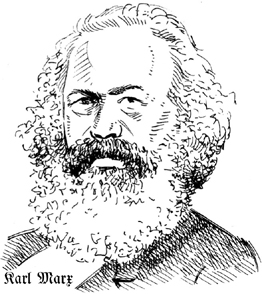 introduction
introductionKarl Marxs Das Kapital, Volume I, was first published in 1867. It brought together in an original way more than twenty years of thinking by Marx about capitalism.
Das Kapital is a critique of capitalism. It is not this or that particular example of capitalism that is his target. Instead Marx wanted to identify the essential features that make capitalism capitalism, in whatever country it develops in and in whatever historical period. For this reason, Das Kapital is necessarily a fairly general, abstract analysis one of the reasons why it can be a difficult read.
Another reason is that its penetrating critique of capitalism is attacking the very system that you, dear reader, and I, author of these words, have grown up in, become socialized within. So it is sometimes a quite counterintuitive read in that it does not accept the many commonsense assumptions we have and which the institutions surrounding us usually reproduce.
Capitalism is a social and economic system that has been developing and maturing for approximately 400 years. Since the publication of Das Kapital, capitalism has tried to prove Marxs critique wrong or irrelevant, but it continues to fashion tools for each new generation wanting to understand the world. Today, capitalisms presence around the globe is more or less complete, its dominance almost undisputed. So why do we need to read Marxs book anymore?
Because most people have at least an inkling that all is not right with the world. And many people have more than an inkling that there are very large problems confronting the human race. Marxs Das Kapital provides the most systematic account for why that might be the case.
Das Kapital cannot be or should not be put in a box marked economics. It is a work of politics, history, economics, sociology, philosophy and even at times literature (yes, Marxs style can be that rich and evocative). It even contains early examples of Marxist literary criticism. Marx often cites great authors such as Shakespeare, Goethe and Balzac to illustrate issues to do with the nature of money.
For example, when he is considering how the bourgeoisie (and the capitalist system more broadly) is torn between the passion to accumulate money and the desire to enjoy the fruits of that wealth, he cites the protagonist of Goethes tragic play Faust as the very image of bourgeois man:
Two souls, alas, do dwell within his breast;
The one is ever parting from the other.
As we shall see, two souls forever parting from each other (the divided human being split by conflicting imperatives) is a typical motif in Marxs account of capitalism.
Marxs approach here is revealing of his method overall. He tends to read politics, economics, religion, philosophy and in this example literature for their HIDDEN social content.

The main object of his inquiry in Das Kapital is why and how economic categories such as money, profit, capital and so forth actively repress the social content which determines them. However, because these categories refer to things that form the very tissue of our everyday life, Das Kapital is a capacious project, giving us insights that go far beyond the usual parameters of economics.

Das Kapital begins a bit like a detective story, reconstructing what is really happening from everyday clues that appear so innocent of having any story to tell. When Inspector Marx arrives on the scene it is not even clear a crime has been committed. But it has.
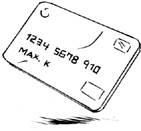
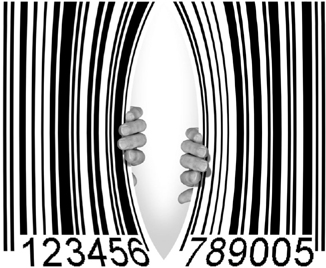 chapter one : the commodity
chapter one : the commodityMarx began his critique of capitalism with something very ordinary and everyday. The commodity. The first words of Das Kapital are:
The wealth of those societies in which the capitalist mode of production prevails presents itself as an immense accumulation of commodities, its unit being a single commodity. Our investigation must therefore begin with the analysis of a commodity.
Marx, Das Kapital
Everyone knows that a commodity is something that is bought and sold, or traded for something else thought to be of equal worth.
And it is plain that commodities are bought and sold because they are useful for people.
So a commodity has two sides to it. It has a use value and an exchange value. An exchange value expresses itself as the price at which the commodity exchanges.
This then is our opening definition of a commodity: It is something that is bought and sold because it is useful for people. Expressed like this, there does not seem to be a problem. The use-value side of the commodity and the exchange-value side seem to fit snugly together.
A commodity appears, at first sight, a very trivial thing, and easily understood. Its analysis shows that it is, in reality, a very queer thing, abounding in metaphysical subtleties and theological niceties.
Marx, Das Kapital

If at first sight the commodity appears a trivial, easily understood thing, Marx will show that within capitalism, things are not as they appear.
Marxs analysis reveals how, in fact, use value and exchange value are at war with each other within modern capitalism.
Let us first consider the use-value side of things. Think about a random sample of products: a teabag, a hammer and a pair of binoculars.
The first thing you notice about them as use values is how different their uses are. Indeed they are quite unique to each product.




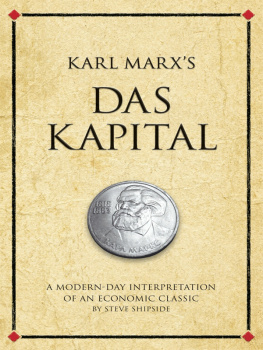
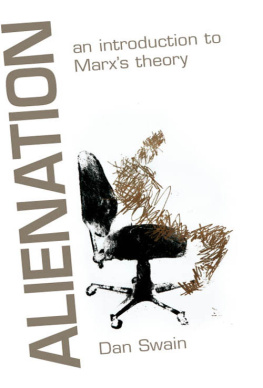




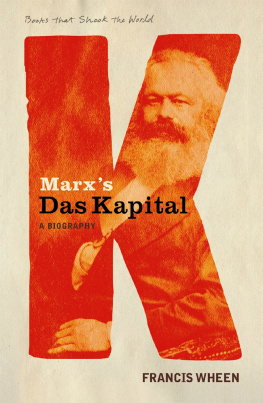
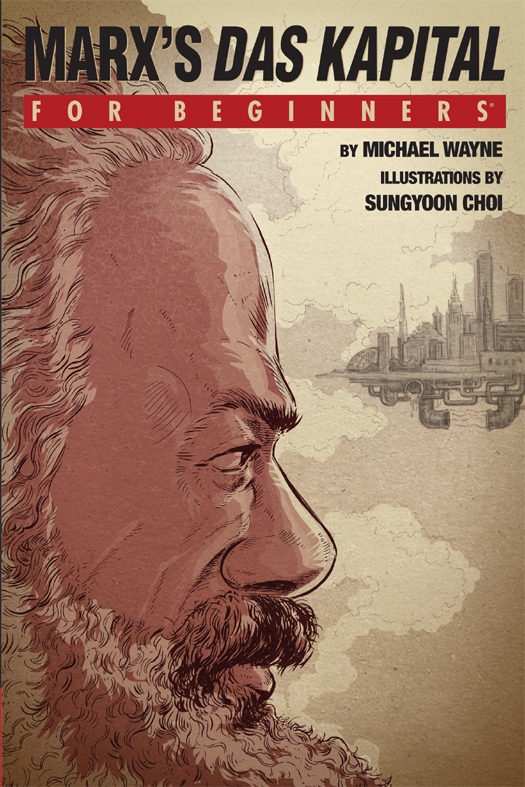
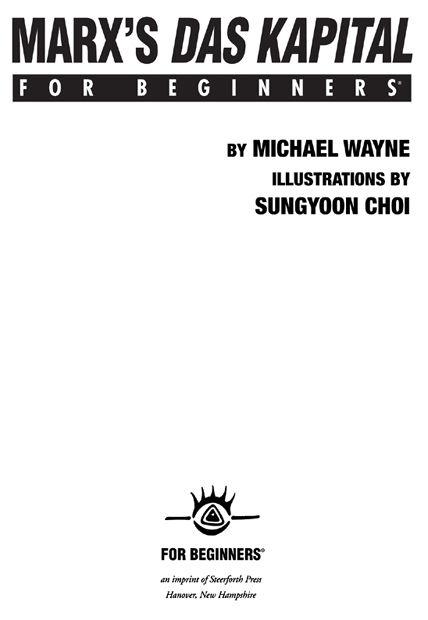
 introduction
introduction



